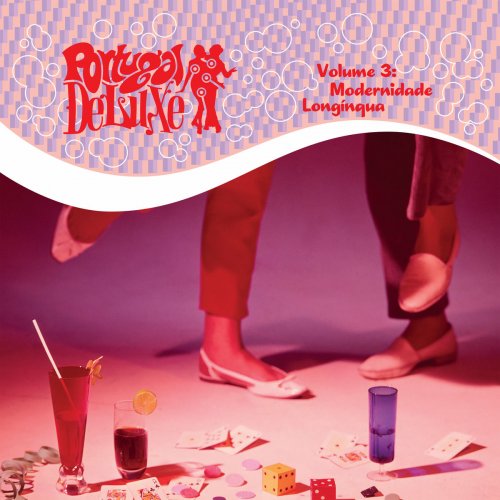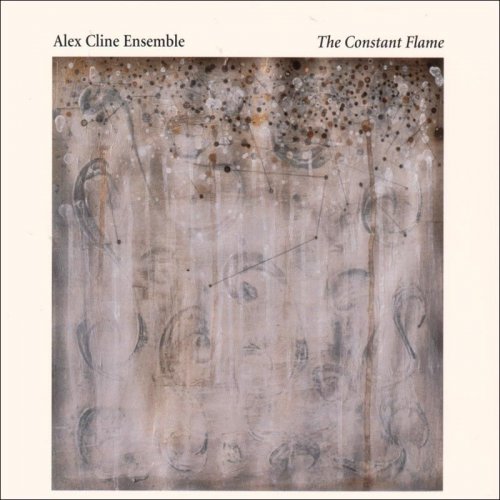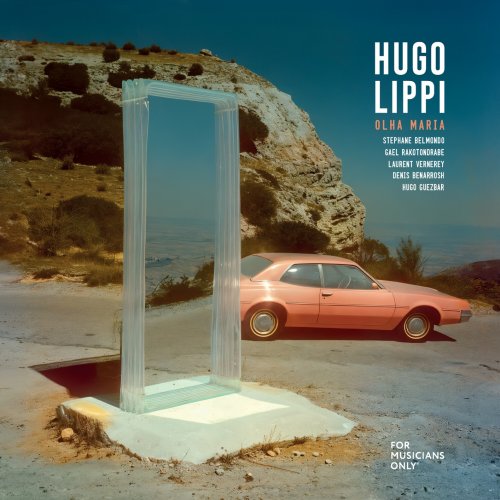Konstantin Krimmel & Daniel Heide - Franz Liszt: Songs, Vol. II "Der du von dem Himmel bist" (2022) [Hi-Res]

Artist: Konstantin Krimmel, Daniel Heide
Title: Franz Liszt: Songs, Vol. II "Der du von dem Himmel bist"
Year Of Release: 2022
Label: CAvi-music
Genre: Classical
Quality: FLAC (tracks) / 24bit-96kHz FLAC (tracks+booklet)
Total Time: 59:24
Total Size: 214 / 985 MB
WebSite: Album Preview
Tracklist:Title: Franz Liszt: Songs, Vol. II "Der du von dem Himmel bist"
Year Of Release: 2022
Label: CAvi-music
Genre: Classical
Quality: FLAC (tracks) / 24bit-96kHz FLAC (tracks+booklet)
Total Time: 59:24
Total Size: 214 / 985 MB
WebSite: Album Preview
1. Es war ein König von Thule, S. 278B (3:53)
2. Wer nie sein Brot mit Tränen aß, S. 297B (2:39)
3. Über allen Gipfeln ist Ruh', S. 306B (4:07)
4. Der du von dem Himmel bist, S. 279C (3:40)
5. Freudvoll und leidvoll, S. 280C (3:12)
6. Gebet, S. 331 (4:20)
7. Einst, S. 332 (0:56)
8. An Edlitam, S. 333 (2:19)
9. Der Glückliche, S. 334 (1:55)
10. Du bist wioe eine Blume, S. 287B (1:59)
11. Im Rhein im schönen Strome, S. 272B (2:55)
12. Morgens stegh' ich auf und frage, S. 290B (2:33)
13. Anfangs wollt' ich fast verzagen, S. 311B (2:21)
14. Vergiftet sind meine Lieder, S. 289B (1:44)
15. Der Fichtenbaum steht einsam, S. 309B (3:09)
16. Die Loreley, S. 273B (6:45)
17. Des Tages laute Stimmen schweigen, S. 337 (4:33)
18. Verlassen, S. 336 (4:11)
19. Und wir dachten der Toten, S. 338 (2:22)
Compared with the catalogues of, say, Schubert, Loewe, or Schumann, the song output of Franz Liszt seems quite modest in terms of sheer quantity. Unexpected obstacles make it difficult, however, to obtain an overview of all the Lieder the Weimar virtuoso ever wrote.
Not all of Liszt’s songs are published as sheet music, and this has always been the case; the only currently available collection is a meager anthology of ca. 40 Lieder. One is soon obliged to resort to out-of-print material. The old, 3-volume Leipzig collection edited by C. F. Kahnt contains 57 songs, whereas the most complete edition is the one from 1919-1920 by Carl Alexander, Archduke of Weimar, which is hard to come by. In the meantime, Internet platforms such as Petrucci (imslp.org) have become well-stocked archives where one can find older sheet music that would otherwise be unavailable.
According to my research in the past ten years, Franz Liszt had an output of ca. 85 Lieder, or, shall we say, “titles”. If we also count his revisions or completely new versions of songs, we can speak of a total of 135 to 140 songs.
Curiously enough, brief songs by Liszt continue to turn up in estates and auctions all over Europe. As a travelling virtuoso, Liszt occasionally wrote down entire songs in guest books when he was invited to the homes of nobility, or to perform in evening soirées. One can also find a few songs he wrote as “arrangements” of melodies or poems of his patrons or benefactors. Several Lieder gems by Liszt are still slumbering in the Goethe-Schiller Archive in Weimar. for instance. (Excerpt of the booklet notes by Daniel Heide)
Not all of Liszt’s songs are published as sheet music, and this has always been the case; the only currently available collection is a meager anthology of ca. 40 Lieder. One is soon obliged to resort to out-of-print material. The old, 3-volume Leipzig collection edited by C. F. Kahnt contains 57 songs, whereas the most complete edition is the one from 1919-1920 by Carl Alexander, Archduke of Weimar, which is hard to come by. In the meantime, Internet platforms such as Petrucci (imslp.org) have become well-stocked archives where one can find older sheet music that would otherwise be unavailable.
According to my research in the past ten years, Franz Liszt had an output of ca. 85 Lieder, or, shall we say, “titles”. If we also count his revisions or completely new versions of songs, we can speak of a total of 135 to 140 songs.
Curiously enough, brief songs by Liszt continue to turn up in estates and auctions all over Europe. As a travelling virtuoso, Liszt occasionally wrote down entire songs in guest books when he was invited to the homes of nobility, or to perform in evening soirées. One can also find a few songs he wrote as “arrangements” of melodies or poems of his patrons or benefactors. Several Lieder gems by Liszt are still slumbering in the Goethe-Schiller Archive in Weimar. for instance. (Excerpt of the booklet notes by Daniel Heide)

![Vicente Garcia - Tala (2026) [Hi-Res] Vicente Garcia - Tala (2026) [Hi-Res]](https://www.dibpic.com/uploads/posts/2026-01/1768883661_cover.jpg)



![The Red Garland Quintet - Soul Junction (Remastered 2026) (1957) [Hi-Res] The Red Garland Quintet - Soul Junction (Remastered 2026) (1957) [Hi-Res]](https://www.dibpic.com/uploads/posts/2026-01/1769097474_xsfj6rmqxin77_600.jpg)


